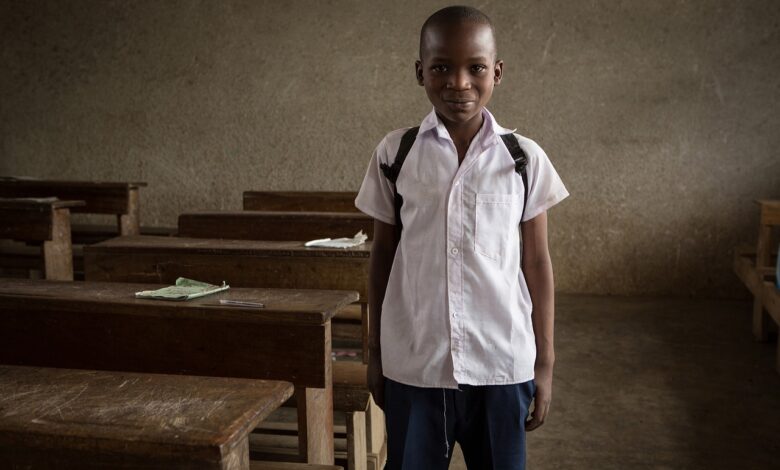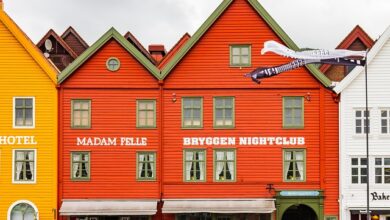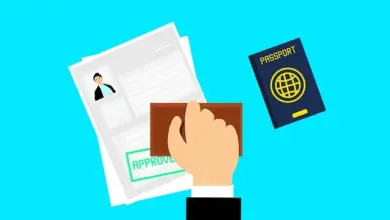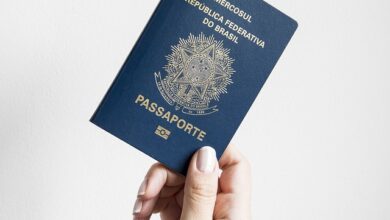Best Resources for Learning Belgian Languages as an Immigrant

Belgium is a multilingual country with three official languages: Dutch (Flemish) , French , and German . As an immigrant, learning the local language(s) is one of the most effective ways to integrate into Belgian society, access better job opportunities, and connect with locals. While English is widely spoken in urban areas like Brussels, mastering Dutch or French (depending on your region) will significantly enhance your experience. Below are the best resources for learning Belgian languages, tailored to different learning styles and needs.
1. Dutch (Flemish) Resources
Dutch is spoken in Flanders, the northern region of Belgium. Flemish, a variant of Dutch, has some regional differences in vocabulary and pronunciation but is mutually intelligible with standard Dutch.
Online Platforms and Apps
- Duolingo (duolingo.com):
A free gamified app that introduces beginners to basic Dutch vocabulary and grammar. It’s perfect for building foundational skills. - Babbel (babbel.com):
Offers structured courses specifically tailored to Flemish Dutch, focusing on conversational skills and cultural nuances. - Memrise (memrise.com):
Features interactive lessons with audio clips from native speakers, helping you improve pronunciation and listening comprehension. - Clozemaster (clozemaster.com):
Focuses on sentence-based learning, which is ideal for intermediate learners looking to expand their vocabulary and fluency.
Books and Textbooks
- “Teach Yourself Dutch” by Gerdi Quist:
A comprehensive self-study guide covering grammar, vocabulary, and practical exercises. - “Basic Dutch: A Grammar and Workbook” by Jenneke Oosterhoff:
A great resource for understanding Dutch grammar rules and practicing writing.
Language Schools and Classes
- Vrije Universiteit Brussel (VUB):
Offers Dutch courses for expats and international students at various levels. - CVO (Centra voor Volwassenenonderwijs):
Adult education centers across Flanders provide affordable Dutch classes for immigrants. - NT2 Courses (Nederlands als Tweede Taal):
Specialized programs designed for non-native speakers aiming to achieve proficiency in Dutch.
YouTube Channels
- Learn Dutch with Bart de Pau:
A popular channel offering free lessons on Dutch grammar, pronunciation, and everyday phrases. - Dutch With Robin:
Provides engaging videos for beginners and intermediate learners, including tips for mastering Flemish accents.
Podcasts
- “DutchPod101”:
Audio lessons covering a wide range of topics, from beginner basics to advanced conversations. - “Easy Dutch Podcast”:
Short episodes focusing on simple dialogues and real-life scenarios.
2. French Resources
French is predominantly spoken in Wallonia (the southern region) and Brussels. Belgian French differs slightly from standard French, with unique expressions and accents, but it remains mutually understandable.
Online Platforms and Apps
- Duolingo (duolingo.com):
Another excellent starting point for beginners, offering interactive lessons in French. - Rosetta Stone (rosettastone.com):
Known for its immersive approach, this platform helps you develop speaking, reading, and listening skills. - Lingoda (lingoda.com):
Offers live online classes with certified teachers, allowing you to practice conversational French in real-time. - Busuu (busuu.com):
Combines self-paced lessons with peer feedback from native speakers.
Books and Textbooks
- “Practice Makes Perfect: Complete French Grammar” by Annie Heminway:
A thorough guide to mastering French grammar with plenty of exercises. - “Assimil French Without Toil”:
A classic method using intuitive learning techniques to build fluency over time.
Language Schools and Classes
- Alliance Française (alliancefr.be):
A globally recognized institution offering French courses for all levels, including specialized programs for professionals. - Ecole Communale d’Adultes (Brussels):
Affordable French classes for adults, often subsidized by the government. - Wallonia Integration Programs:
Many municipalities offer free or low-cost French courses for newcomers.
YouTube Channels
- Learn French with Alexa:
A friendly instructor who teaches grammar, pronunciation, and conversational French. - Français Authentique:
Focuses on natural speech patterns and idiomatic expressions used in everyday life.
Podcasts
- “Coffee Break French”:
Bite-sized lessons perfect for commuters or busy learners. - “InnerFrench”:
Designed for intermediate learners, this podcast explores current events and culture in French.
3. German Resources
German is spoken by a small community in the eastern part of Belgium, primarily in the Eupen-Malmedy region. While less commonly required, learning German can be beneficial if you plan to live or work in this area.
Online Platforms and Apps
- Duolingo (duolingo.com):
Covers basic German vocabulary and grammar for beginners. - Deutsche Welle (dw.com/learn-german):
Free resources, including podcasts, videos, and interactive exercises, provided by Germany’s public broadcaster. - Babbel (babbel.com):
Offers structured courses focusing on conversational German.
Books and Textbooks
- “Beginner’s German” by Heiner Schenke:
A practical guide for learning essential grammar and vocabulary. - “Schaum’s Outline of German Grammar”:
A detailed reference book for mastering complex grammatical structures.
Language Schools and Classes
- Goethe-Institut (goethe.de):
Offers high-quality German courses and cultural events worldwide, including in Belgium. - Local Community Centers:
Some towns in the German-speaking region may provide language classes for newcomers.
4. General Tips for Language Learning
Regardless of the language you choose to learn, these strategies will accelerate your progress:
Immerse Yourself
- Watch Belgian TV shows, movies, or YouTube channels in the target language.
- Listen to music or radio stations in Dutch, French, or German.
- Change the language settings on your phone or social media accounts.
Practice Speaking
- Join language exchange groups or tandem partnerships through platforms like Tandem or ConversationExchange .
- Attend local meetups or cultural events where you can practice with native speakers.
Use Flashcards
- Tools like Anki or Quizlet allow you to create digital flashcards for memorizing vocabulary.
Be Consistent
- Dedicate at least 15–30 minutes daily to language practice. Consistency is more important than cramming.
Take Advantage of Government Support
- Many Belgian regions offer free or subsidized language courses for immigrants as part of integration programs. Check with your local municipality for details.
5. Cultural Nuances to Keep in Mind
- Regional Pride: Belgians take pride in their linguistic heritage. Using the correct language in each region shows respect and fosters goodwill.
- Politeness Matters: Both Dutch and French emphasize politeness. Learn phrases like “please,” “thank you,” and “excuse me” early on.
- Accent Awareness: Pay attention to regional accents and dialects, especially in Flemish and Walloon areas, to avoid misunderstandings.



